6 GPTs for Software Discovery Powered by AI for Free of 2025
AI GPTs for Software Discovery are advanced AI tools powered by Generative Pre-trained Transformers designed to streamline the process of finding, evaluating, and selecting software. These tools leverage natural language processing and machine learning to understand user requirements, providing personalized software recommendations. They play a pivotal role in navigating the vast landscape of software options, making them indispensable for users seeking tailored software solutions.
Top 6 GPTs for Software Discovery are: ProductHunter AI - #1 Product Finder,三个软件平替,Goldie the Scholar Retriever,業界で活躍する職業リストとソフトウェアを調査 - JobSearcher,Easter Egg Hunt,AppSumo Assistant
ProductHunter AI - #1 Product Finder
Unveil the Best Products with AI
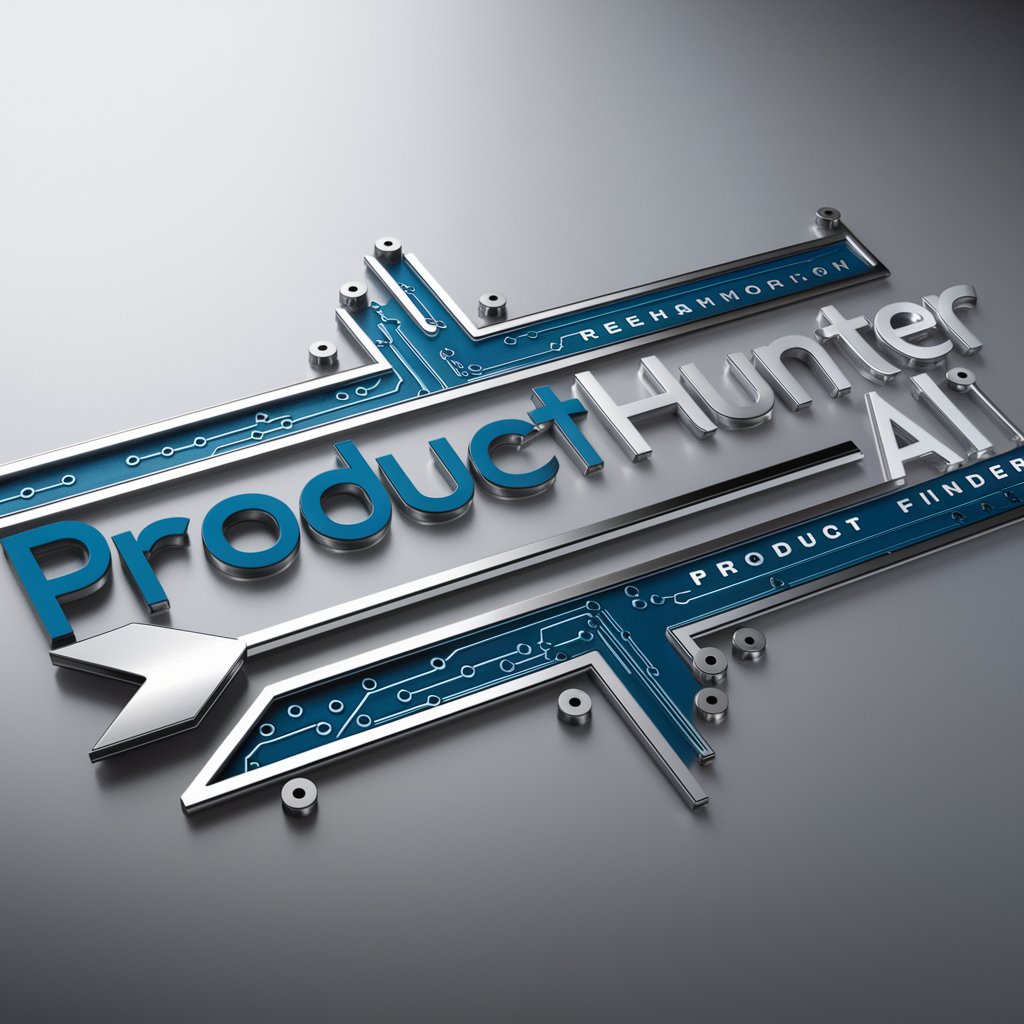
三个软件平替
Discover AI-powered software alternatives effortlessly.
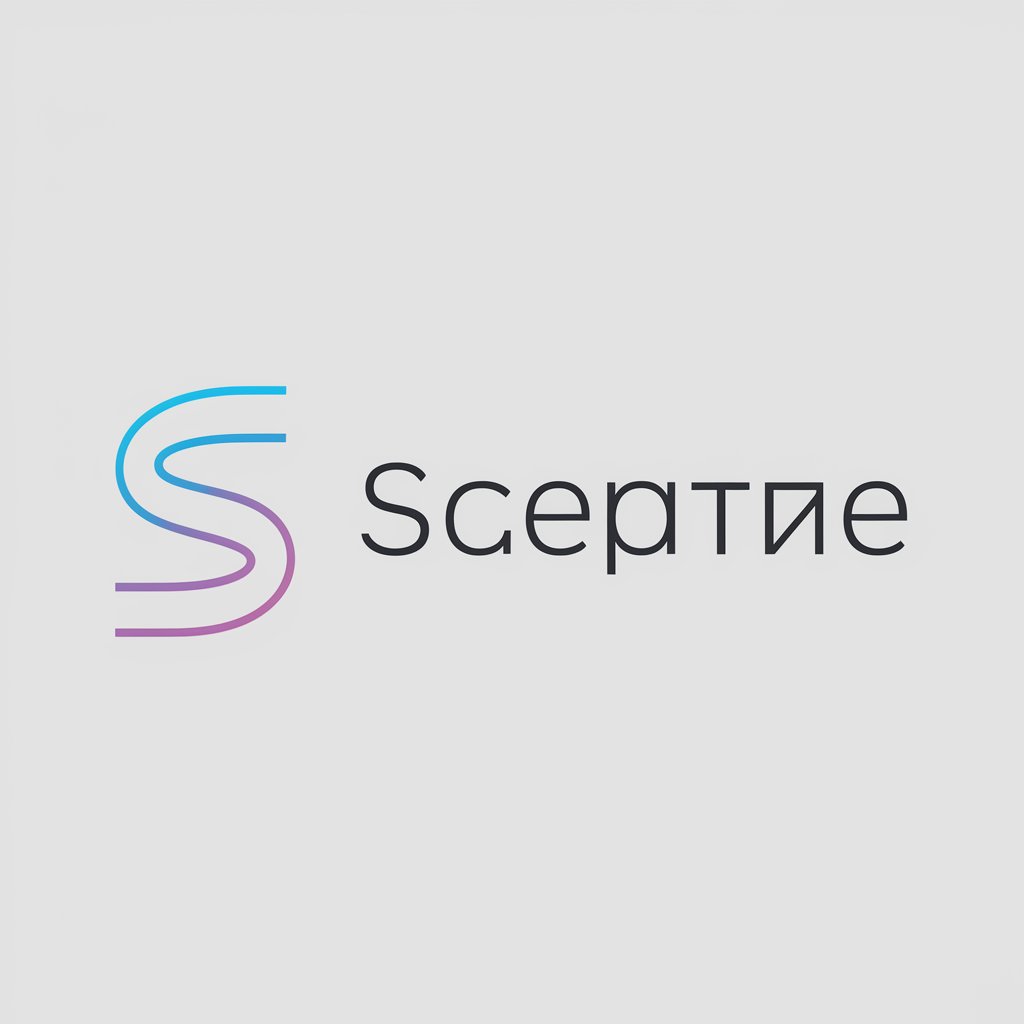
Goldie the Scholar Retriever
Unlock scholarly insights with AI-powered precision.
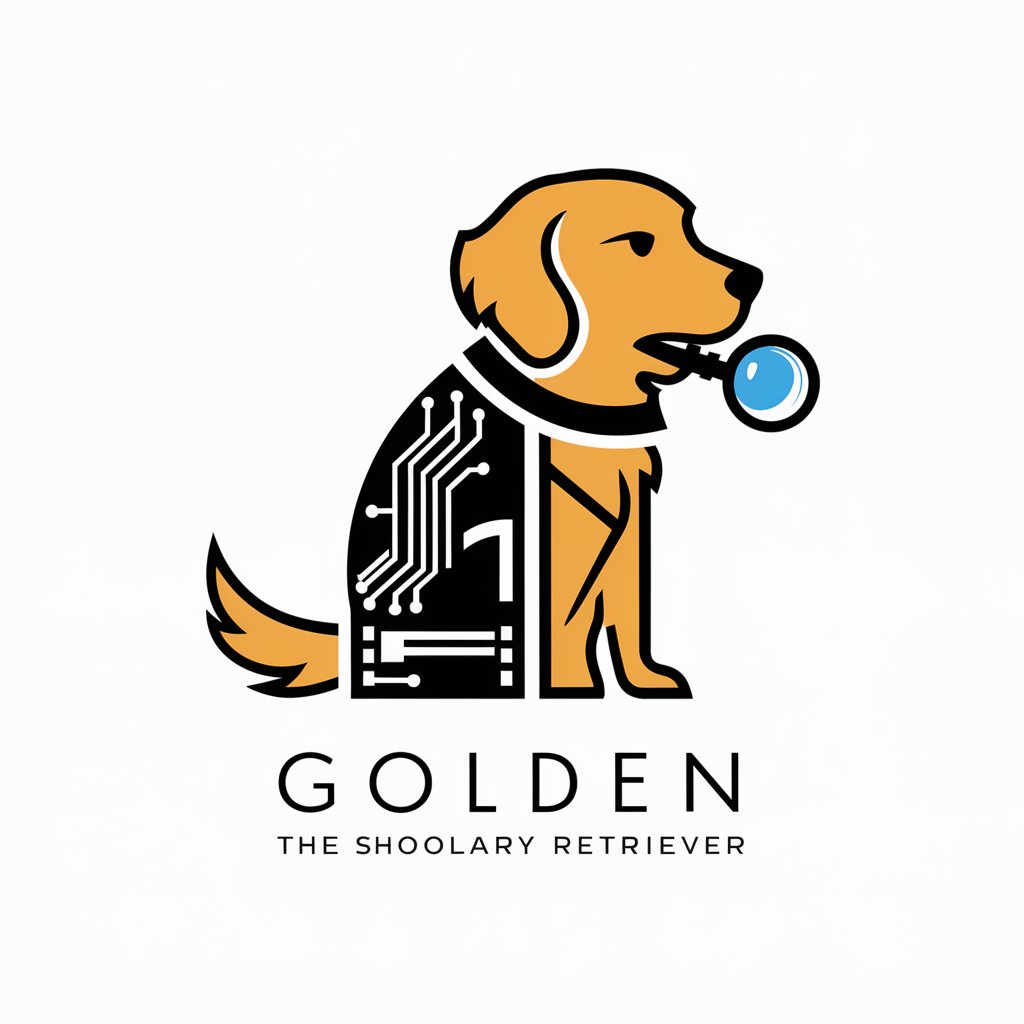
業界で活躍する職業リストとソフトウェアを調査 - JobSearcher
Empowering Your Career Journey with AI

Easter Egg Hunt
Unveil Hidden Features with AI
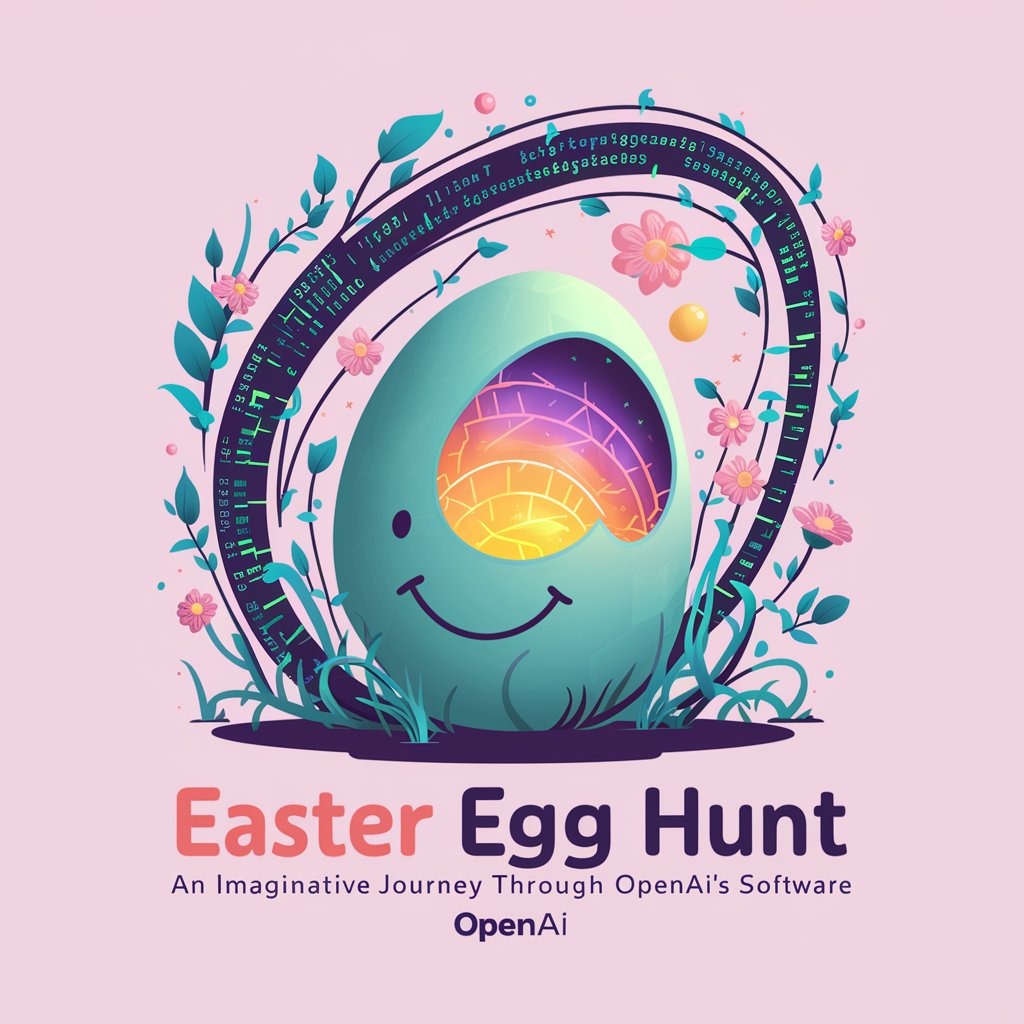
AppSumo Assistant
Empowering your software choices with AI.
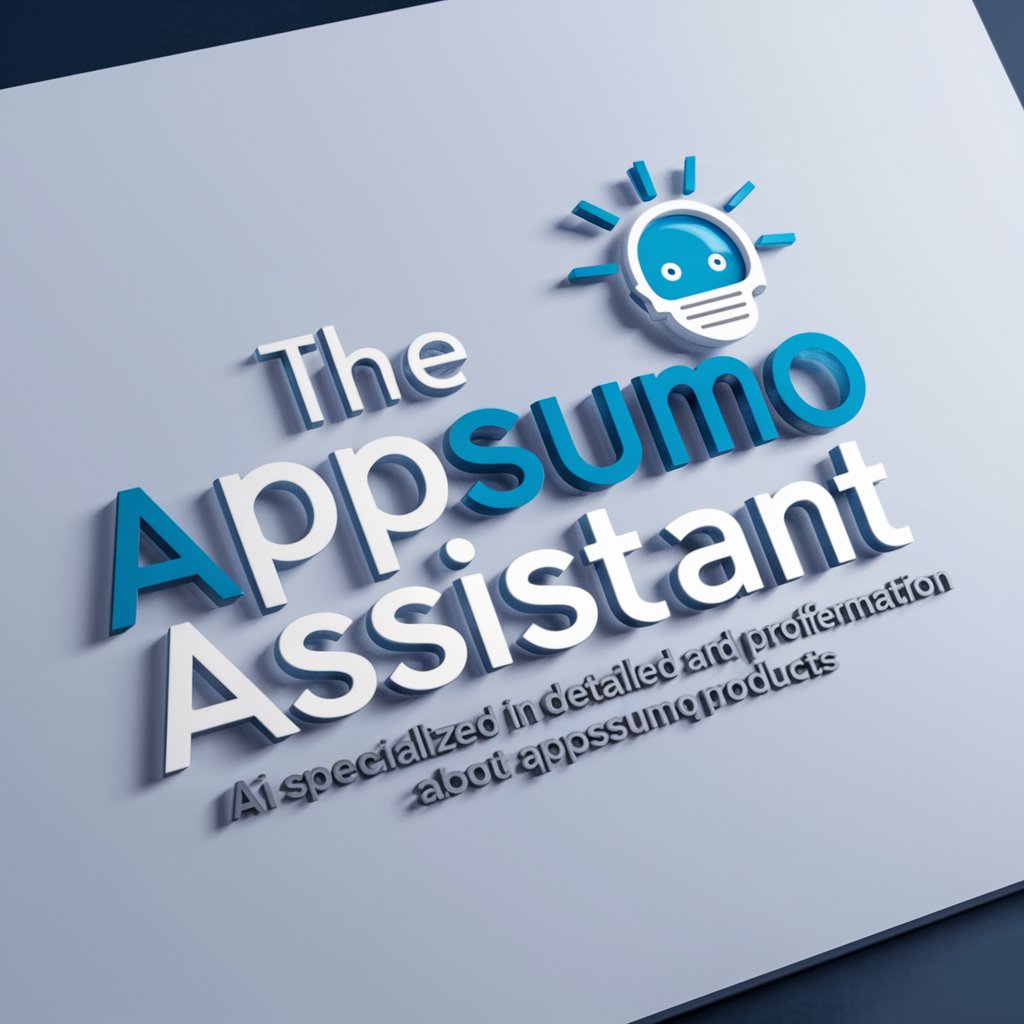
Key Attributes of AI GPTs for Software Discovery
AI GPTs for Software Discovery stand out for their adaptability, catering to a range of tasks from simple inquiries about software options to complex analyses of software capabilities. Unique features include natural language understanding for precise user query interpretation, technical support for troubleshooting, integrated web searching for the latest software updates, image creation for visualizing software interfaces, and data analysis for insightful software comparisons. These capabilities ensure users have a comprehensive toolkit for making informed software decisions.
Who Benefits from AI GPTs in Software Discovery
AI GPTs for Software Discovery are designed for a diverse audience, including tech novices seeking straightforward software recommendations, developers looking for specialized tools, and professionals requiring advanced software solutions. These tools are accessible to users without coding skills, offering intuitive interfaces, while also providing extensive customization options for those with programming knowledge, ensuring a wide range of users can effectively utilize these AI resources.
Try Our other AI GPTs tools for Free
Academic Databases
Explore how AI GPTs transform academic research with advanced data analysis, content generation, and seamless integration with academic databases.
Photo Compliments
Discover how AI GPTs for Photo Compliments can transform your photography experience with instant, personalized feedback and creative insights.
Post Crafting
Discover how AI GPTs revolutionize Post Crafting with tailored solutions for writing, editing, and content optimization, enhancing productivity and creativity.
Boss Strategies
Discover how AI GPTs for Boss Strategies can revolutionize leadership and management with tailored advice, strategic planning, and data analysis.
Custom Dolls
Discover how AI GPTs for Custom Dolls revolutionize doll design, offering tailored, intuitive tools for enthusiasts and professionals to bring imaginative creations to life.
Client Advisory
Discover how AI GPTs are transforming client advisory services with personalized, efficient, and scalable solutions. Embrace the future of advisory with cutting-edge AI technology.
Expanding the Horizons with AI GPTs in Software Discovery
AI GPTs function as versatile solutions across various sectors, offering user-friendly interfaces and the potential for integration with existing systems. Their adaptability ensures they can meet specific needs within different industries, enhancing efficiency and decision-making in software discovery. The continuous improvement of these tools also promises evolving capabilities to address emerging challenges.
Frequently Asked Questions
What are AI GPTs for Software Discovery?
AI GPTs for Software Discovery are AI-powered tools that help users find and select software by understanding their requirements through natural language processing.
How do AI GPTs improve software discovery?
They streamline the discovery process by providing personalized recommendations, conducting software comparisons, and offering technical insights, all through an understanding of natural language queries.
Can non-technical users utilize these tools?
Yes, these tools are designed with user-friendly interfaces that require no coding knowledge, making them accessible to non-technical users.
Are there customization options for developers?
Absolutely, developers can access advanced features and customize the tools according to their specific needs, leveraging the tool's API for deeper integration into their workflows.
Do these tools offer real-time software updates?
Yes, integrated web searching capabilities allow these tools to provide users with the latest information and updates on software.
How do AI GPTs handle complex software queries?
They utilize advanced natural language processing and machine learning algorithms to interpret and analyze complex queries, ensuring accurate and relevant responses.
Can these tools compare different software options?
Yes, they can analyze and compare multiple software options based on features, pricing, user reviews, and other criteria, helping users make informed decisions.
Are AI GPTs for Software Discovery integrable with existing systems?
Many of these tools are designed to be easily integrated with existing systems and workflows, allowing for seamless incorporation into users' current technology stacks.